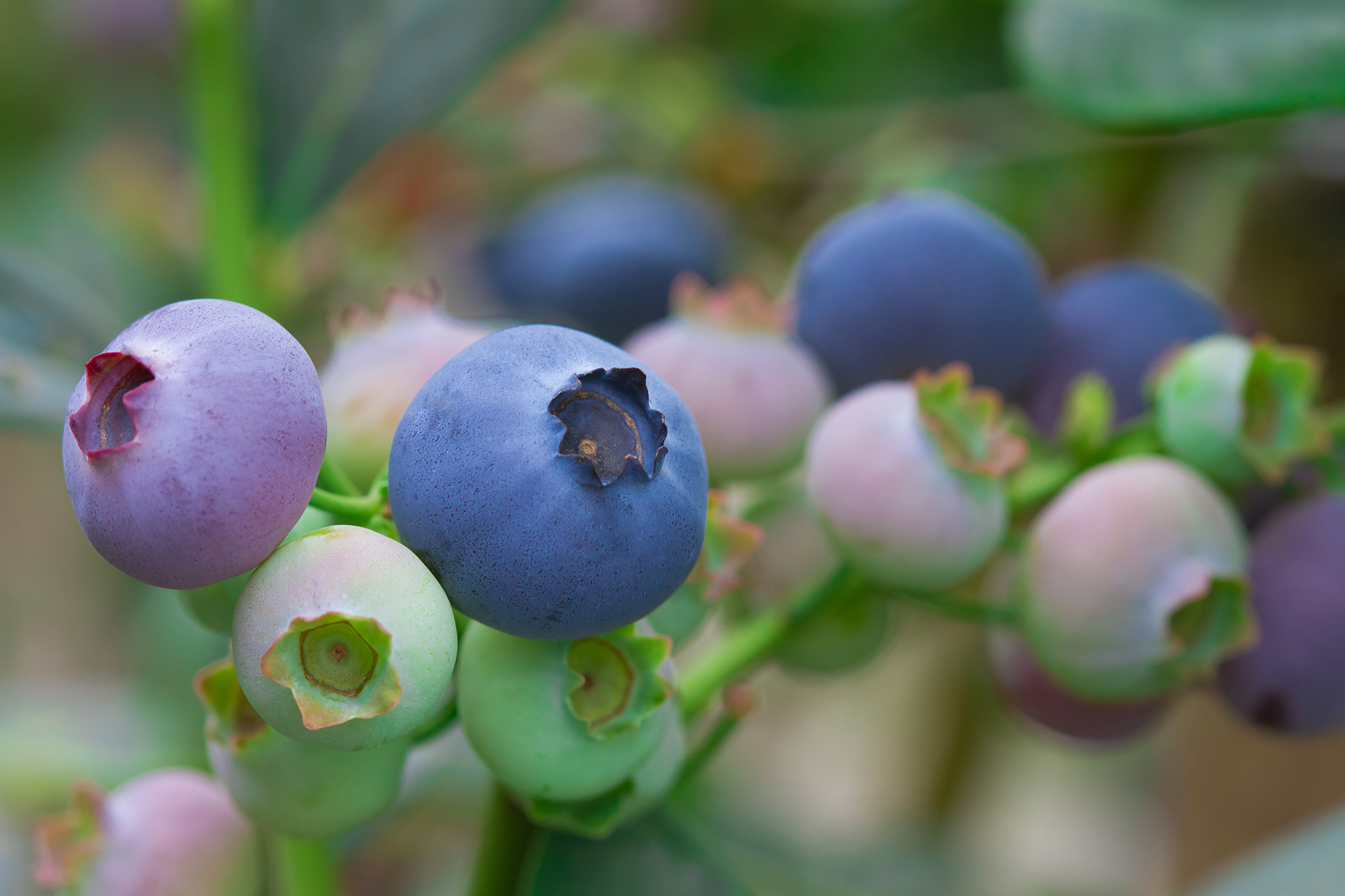New research finds blueberries benefit heart health
A new research study published in Clinical Nutrition finds that the equivalent of one cup of fresh blueberries may benefit heart health.
This study finds that adding anthocyanin-rich blueberries to a high calorie, high-fat/high-sugar meal results in reduced insulin and glucose levels, lower total cholesterol and improved good cholesterol (HDL-C) and its related lipoproteins in the 24 hours following the meal.
These findings are noteworthy because elevated post-meal glucose and impaired glucose tolerance are associated with increased heart disease risk, which is already elevated in people with metabolic syndrome.
“This is the first study of its kind conducted in an at-risk population, adults with metabolic syndrome, a condition affecting nearly 40% of American and one in four adults in the UK,” Aedin Cassiday, PhD, Chair of Nutrition & Preventative Medicine and Director of Interdisciplinary Research Institue for Global Food Security at Queen’s University and the study’s lead investigator said.
The study was supported by funding from the U.S. Highbush Blueberry Council and is a secondary analysis of the primary study.
The study looked at the longer-term effects of blueberry consumption and found that participants with metabolic syndrome who consumed the equivalent of one cup of fresh blueberries per day showed clinically relevant improvements in measures of heart health over six months.
This acute sub-study, “Blueberry anthocyanin intake attenuates the postprandial cardiometabolic effect of an energy-dense food challenge: results from a double-blind, randomized controlled trial in metabolic syndrome participants,” was conducted at the NHS Clinical trials facility, University of East Anglia, UK, in a subset of the participants of the 6-month intervention.
The blueberry intervention consisted of 26 grams of blueberry powder added to a 500-gram milkshake-like emulsion, a meal that has a similar nutrient profile to a large burger, fries and cola meal.
The placebo group received the same 500-gram milkshake-like meal replacement drink with the addition of a placebo powder with a similar nutrient composition as the blueberry powder.
Blood samples were collected prior to, and then 30, 60, 90, 120, 180, and 360 minutes after the energy-dense meal challenge, and again after 24 hours.
An assessment of glucose, insulin, lipid and lipoprotein levels was performed over this time frame.
Additionally, for 21 days prior to the study, the intake of blueberries, and other anthocyanin-rich foods was restricted, in an effort to standardize food intake.
Despite recruiting more males, and those able to commit to extended assessments, this data provides clear evidence of how polyphenol-rich foods can benefit those at elevated cardiovascular risk.
“While further studies are warranted, our results suggest that adding just a single cup serving of anthocyanin-rich foods like blueberries to high-fat/high-sugar and energy-dense meals should be advocated to reduce the acute postprandial increases in risk markers like glucose, insulin and cholesterol,” said Cassidy.
The USHBC had no role in study design, data collection, data analysis, data interpretation, or writing of the study. For more information on blueberry nutrition research visit blueberrycouncil.org/health-
15/12/2021







